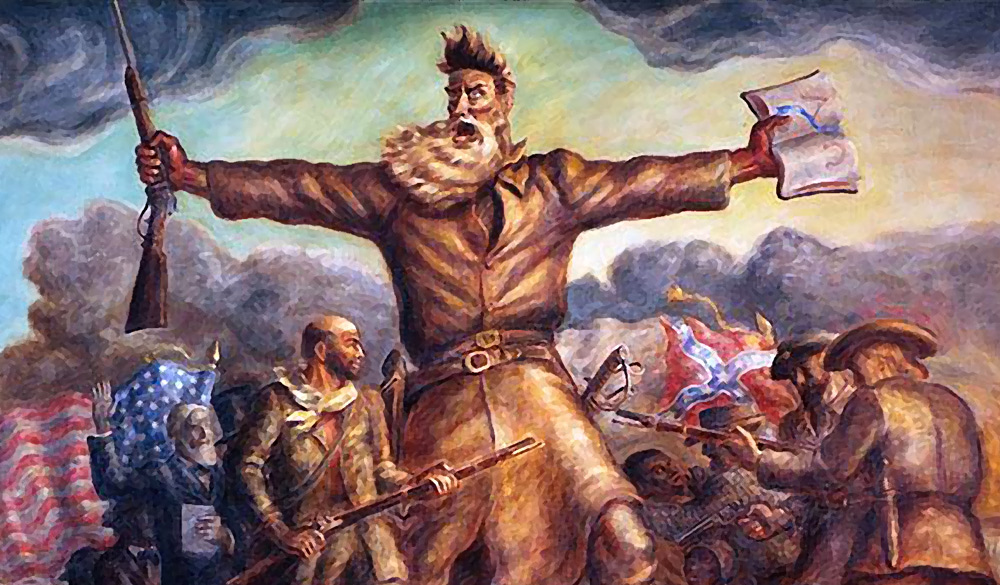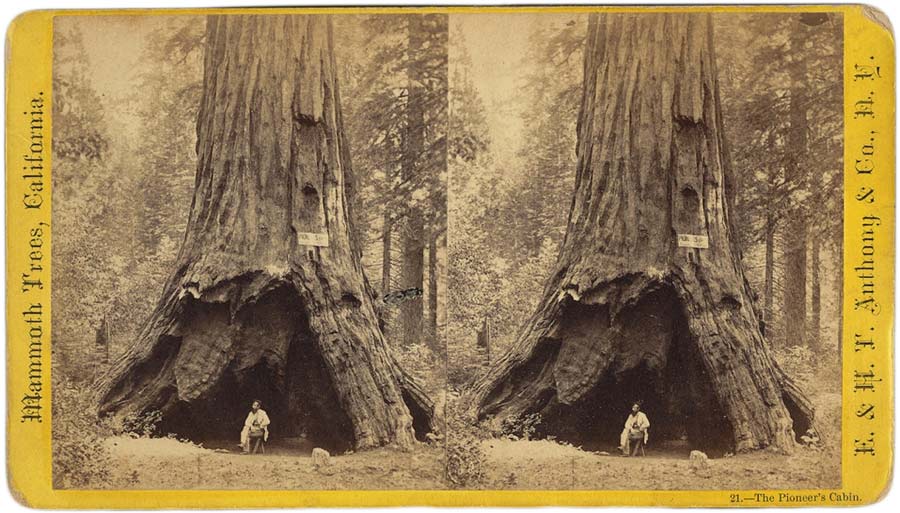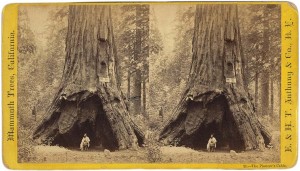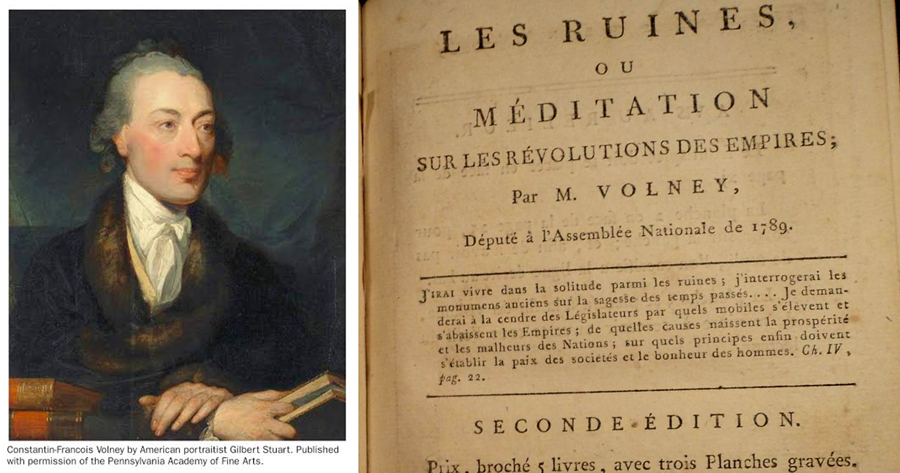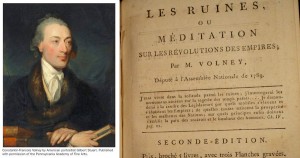Does it matter that Netflix will premiere, on May 10, a “docudrama” depicting Cleopatra VII Philopator as black?
She was, after all, a direct descendent of a Macedonian general — and pal of Alexander the Great — “Ptolemy the Savior.”
European, in other words. White.
Anthony Brian Logan, a conservative African-American YouTube commentator, notes Netflix’s woke race-swapping as habit, a trend — which he takes as a “meme” and a “joke” — with the most egregious recent example being Anne Bolyn being portrayed as a “sub-Saharan African woman.” Mr. Logan argues that this “is the equivalent of casting Tom Hanks to play Dr. Martin Luther King, Jr.”
Cannot we have movies “that make some kind of sense”?
The answer may be No; the reason, not at all mysterious.
After all, race hustlers and ideologues have been spewing out misinformation about ancient Africa for a long time, trying to get ignorant, public-school-educated Americans to think of “the dark continent” as a place of one race.
I’m sure many people, reading the above, might wonder if the Ptolemies might not have inter-married native Egyptians. Well, the Egyptians weren’t sub-Saharan blacks, either. They were basically lighter-skinned Mediterranean types.
But, as Anthony Brian Logan observes, previews of the upcoming series have darkened up some images, suggesting that the producers (one of whom is Will Smith’s notorious wife, Jada Pinkett Smith) may be messing with us. Nevertheless, the big issue remains the “underlying effort to try to change historical fact.”
“Who controls the past controls the future,” Orwell wrote. “Who controls the present controls the past.”
Race isn’t really the issue. It’s lying. For political reasons.
And yes, it matters.
This is Common Sense. I’m Paul Jacob.
Illustration created with PicFinder and DALL-E2
—
See all recent commentary
(simplified and organized)

